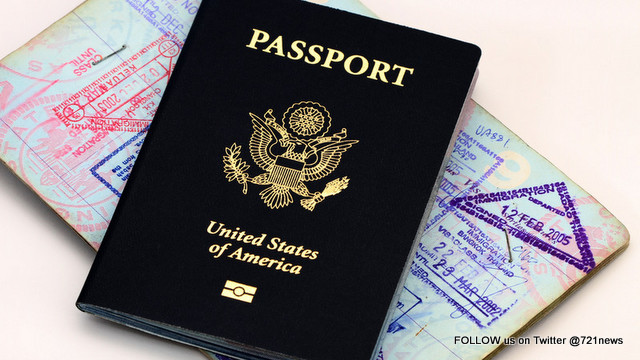
Starting Jan. 1, adults running out of space for new visas in their 28-page passports will have to pay $110 for a new passport of either 28 or 52 pages. Until the end of this year, they can still pay $82 to have an extra 24 pages stitched in. The prices are slightly lower for minors.
The State Department said the decision to stop adding pages was made for security reasons.
“When a passport gets larger and larger, it’s more difficult to keep the same security standards,” said William Cocks, a spokesman for the Bureau of Consular Affairs.
Anyone applying for a new passport will get the old one back. Though the passport will be canceled, any unused visas in the old book will still be valid, Cocks said.
The State Department began routinely issuing 52-page passports last fall to anyone applying for a new passport at embassies and consulates around the world.
More than 124 million U.S. passports are in circulation, up dramatically from 14 million in 1991, the first year the Department of State began tracking the number. That’s the same number the State Department issued in 2014 alone. About 38 percent of American citizens have passports.
Passports are valid for 10 years, though in practice they can be less useful in the final year because many countries require a passport valid for six months before they issue a visa.
Even before the new rule takes effect, the State Department has been bracing for a surge in passport applications in upcoming years. Security measures that went into effect after the terrorist attacks of Sept. 11, 2001, required passports for Americans traveling to and from Canada, Mexico and Bermuda, three countries where Americans could travel passport-free before. Those passports issued initially after the law took effect will start to expire soon.


































